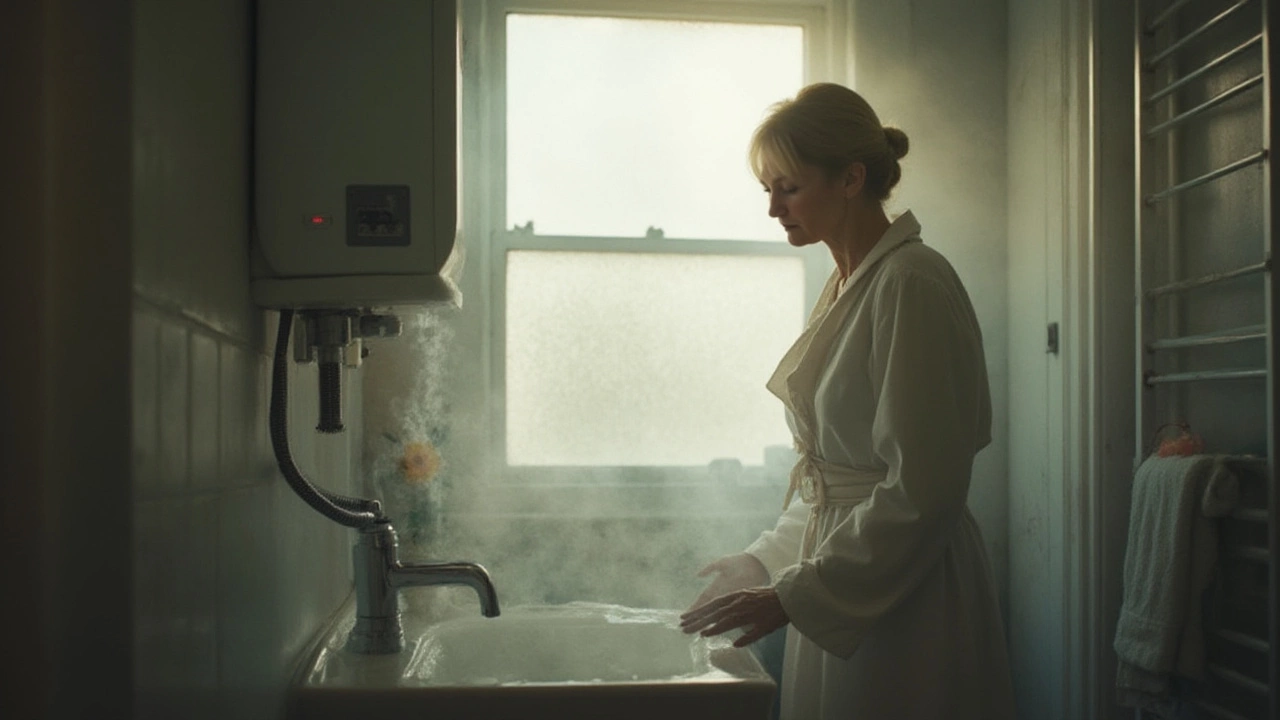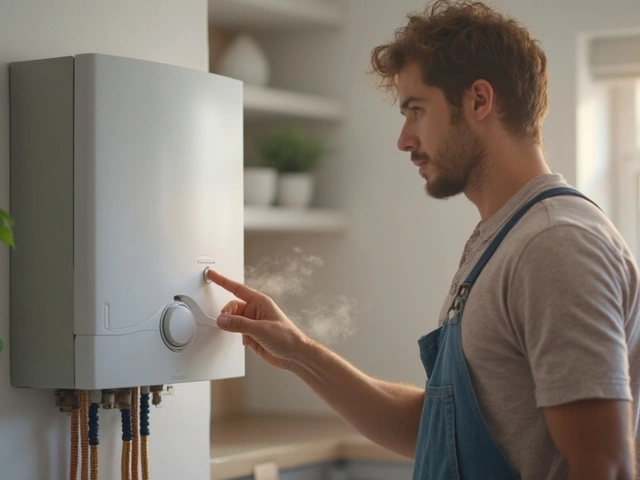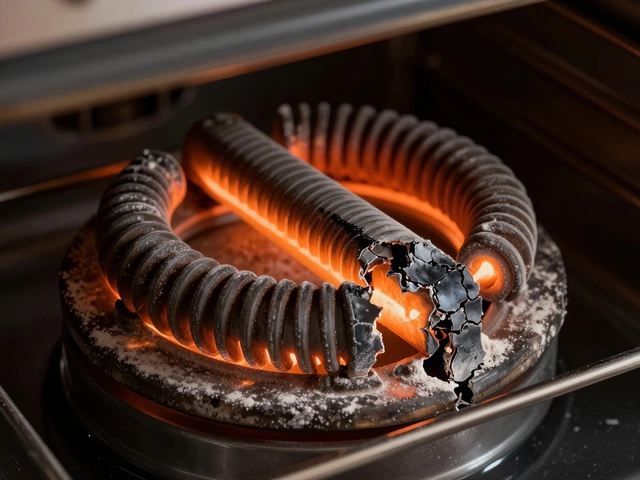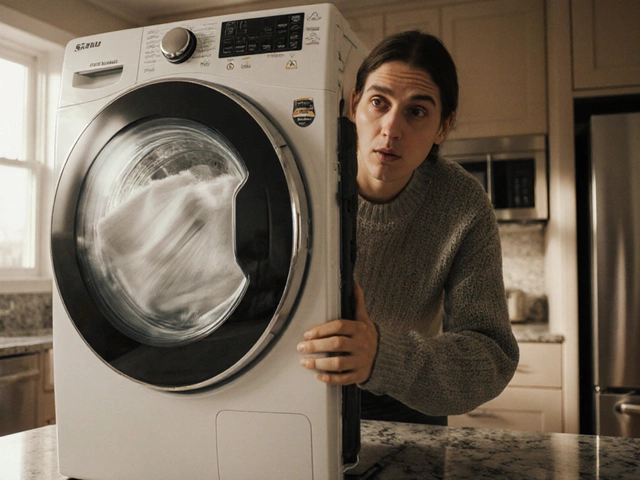If your shower suddenly turns cold or the tank makes strange noises, you’re probably facing an electric water heater problem. Most issues are caused by a few simple things you can check yourself before picking up the phone. Below we break down the most common symptoms, why they happen, and how to solve them without breaking the bank.
Cold water on demand is the biggest red flag. Usually it points to a faulty heating element, a tripped breaker, or a thermostat set too low. A humming or buzzing sound often means the element is getting power but can’t heat the water – the element may be coated with limescale or simply burned out. Leaking water around the base of the unit signals a cracked tank or a loose connection, both of which need a professional’s eye.
Another clue is a dirty or cloudy water appearance. Sediment buildup at the bottom of the tank reduces efficiency and can cause the element to overheat. If you notice a noticeable rise in your electricity bill, the heater may be running constantly because it can’t reach the set temperature.
Start with the power supply. Open your breaker box and look for a tripped switch labeled “water heater”. Reset it and see if hot water returns. If the breaker trips again, there’s likely a short circuit – stop here and call an electrician.
Next, inspect the thermostat. Most electric heaters have two: an upper and a lower. Use a screwdriver to remove the access panels, then set each thermostat to the highest setting and wait 30 minutes. If the water heats, the thermostat was set too low; otherwise, the element is suspect.
Testing the heating element is easy with a multimeter. Turn off power at the breaker, remove the element’s wires, and set the meter to resistance (ohms). A healthy element reads between 10‑30 Ω. Anything higher means the element is broken and needs replacement.
If you spot sediment, flush the tank. Attach a garden hose to the drain valve at the bottom, open the valve, and let water flow until it runs clear. Close the valve, refill, and turn the power back on. This simple maintenance can add years to your heater’s life.
When you encounter a leak, don’t try to patch the tank yourself. Small leaks at the pressure relief valve can be tightened, but a crack in the tank means it’s time for a new unit. Replacing a water heater is a big job – a qualified plumber ensures proper venting and safety.
Finally, consider the age of the heater. Electric models typically last 10‑15 years. If yours is older and you’re already fixing multiple issues, weigh the cost of repairs against a fresh, more efficient unit.
Remember, safety comes first. Always shut off power before touching wiring, and if you’re ever unsure, reach out to a certified technician. A quick check can solve many problems, but a professional will handle complex faults safely and get your hot water back on track.

Wondering why your water heater keeps needing a reset before you get hot water? Learn the real reasons, what you can safely check, and when it’s time to call for help.

Dealing with a water heater that keeps tripping can be a headache—hot water one minute and a cold shower the next. This article breaks down the most common reasons for this irritating problem, giving you clear steps for figuring out if it’s a simple DIY fix or if you should call in a pro. You’ll get straight talk, not complicated jargon or long-winded explanations. Learn what to check, what parts usually fail, and when your water heater might just be on its last leg. Get the confidence to handle the problem and save yourself a ton of hassle.

Learn how to tell if your oven element is blown by checking for visible damage, testing with a multimeter, and observing oven behavior. Most oven heating issues are simple fixes.

Learn why and when appliances need professional service, the signs of trouble, how often each should be checked, DIY tips, costs and when to replace.

Ever opened your freezer to find squishy ice cream or thawed food when it should be rock solid? This article digs into the real reasons your freezer refuses to stay frozen, from simple mistakes to sneaky mechanical fails. Learn how to spot common culprits, fix minor issues yourself, and know when things are actually serious. Packed with practical tips and straightforward advice, you'll get the cold facts and solutions you need. No jargon, just help you can actually use.

Considering replacing your electric oven on your own? Before you jump into action, it's crucial to understand the steps involved and the potential challenges you might face. From ensuring safety precautions to understanding the basic wiring, this article delves into what you need to know. We'll discuss not only the tools and skills required but also when it's better to call in a professional. By the end, you'll have a clearer picture of whether you should tackle this task yourself or seek expert help.